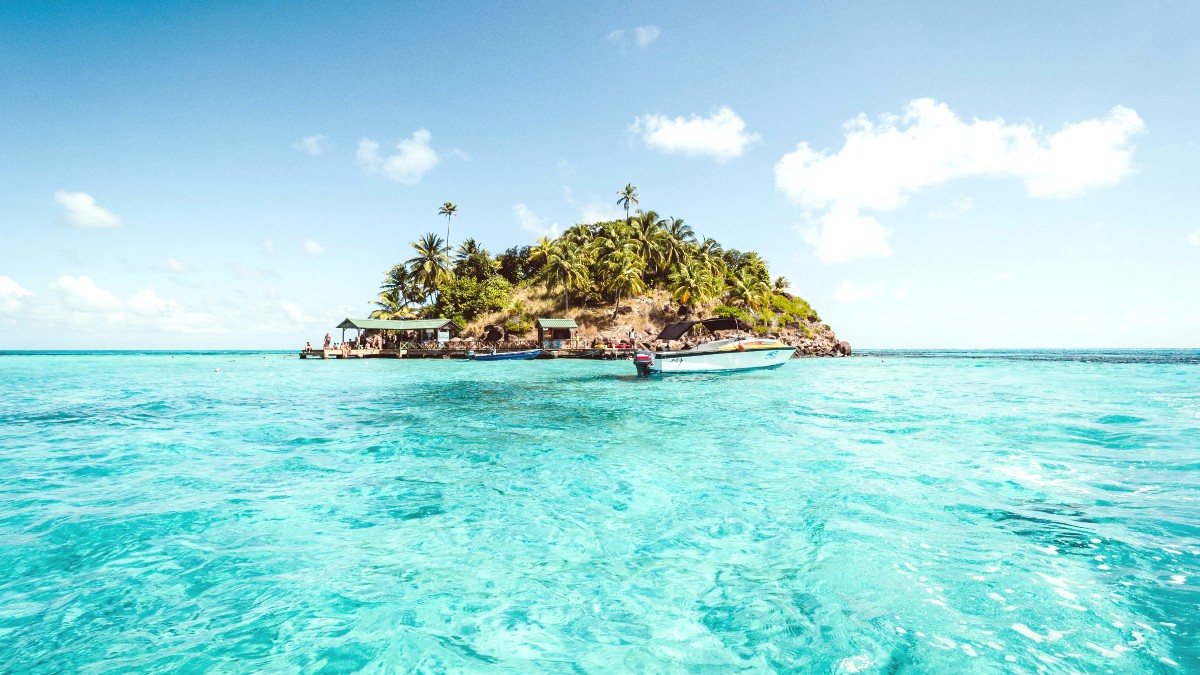
San Andres And Providencia, Colombia
The entire archipelago is part of the Seaflower Biosphere Reserve, conserving coral reefs, mangroves, and seagrass beds.
Minimize plastic use. Bring reusable water bottles and dispose of trash properly in designated bins. Recycling capabilities are limited.
Freshwater is a limited resource. Be mindful of usage in accommodation; take shorter showers and report leaks.
Adopting responsible travel practices protects the natural beauty and delicate ecosystems of San Andres.
The coral reefs are delicate living organisms. Observe marine life from a respectful distance without disturbance.
Support sustainable tourism by choosing operators and accommodations committed to environmental protection.
Support brands with sustainable practices for outdoor gear and reusable items.
Shop Patagonia and Package Free ShopConsider offsetting carbon emissions from your flights. Organizations like Terrapass support projects that lessen greenhouse gas emissions.
San Andres carries a distinct Raizal identity worthy of recognition and respect during your visit.
Support initiatives focused on preserving the unique Raizal culture, language (San Andres-Providencia Creole), and traditions.
Generally, it is fine to take photos of landscapes and public areas. Always ask for permission before photographing individuals, especially children.
Be mindful of privacy and respect any requests not to be photographed.
Be respectful in religious settings and avoid flash photography during services.
A simple gesture of asking before taking a picture is much appreciated.
When selecting tours, seek operators like G Adventures who practice ethical tourism and support local communities.
Responsible travel supports tourism benefits for the local community directly and sustainably.
Support local communities by choosing locally owned businesses for your stay and dining.
When buying souvenirs, opt for items crafted by local artisans. Inquire about the origin of crafts to ensure authenticity.
Be aware of how tourism can sometimes contribute to exploitation. Avoid engaging in activities that cause harm.
Do not engage in activities that exploit people, like underage begging or inappropriate interactions.
Avoid unethical animal shows or interactions with captive wildlife.
Your choices as a traveler hold consequences for the local community and environment.
If donating, do so through established local charities, schools, or community organizations. Direct individual giving may foster dependency or create unintended negative social dynamics.
Support conservation efforts directly through organizations like The Rainforest Site (GreaterGood), contributing to wider environmental protection.